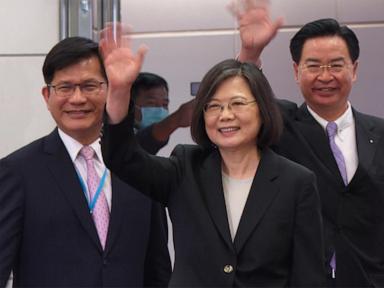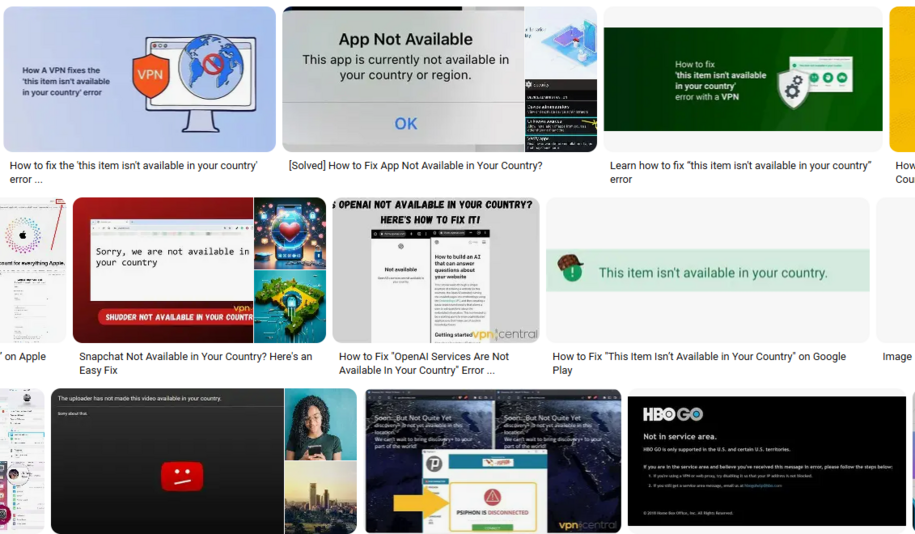Taiwan’s Foreign Minister Visits Philippines, China Protests

Taiwan’s Foreign Minister, Lin Chia-lung, has arrived in the Philippines leading a delegation of Taiwanese investors, prompting a strong protest from China. The visit, which took place earlier this week, has heightened tensions between the two nations, particularly in light of ongoing disputes over territorial claims in the South China Sea.
Philippine officials confirmed that Lin’s delegation included business executives from crucial sectors such as semiconductors. While the Philippine government has not publicly acknowledged the details of Lin’s visit, two senior officials disclosed that he traveled in a private capacity. They emphasized that Lin did not engage in any official meetings with political or security figures during his stay, which lasted two to three days.
The backdrop of this visit is the One China policy, under which the Philippines does not recognize Taiwan as a sovereign state. China asserts that Taiwan is part of its territory and has warned against any official interactions between Taiwan and other nations, particularly the United States. The Department of Foreign Affairs in Manila reiterated its adherence to this policy, stating that it remains “clear and unwavering.”
Despite this, the department highlighted that the Philippines fosters economic and cultural exchanges with Taiwan, especially in trade, investment, and tourism. These activities are said to occur within the frameworks of the One China policy. The department also noted that no officials from Taiwan were recognized as members of the business delegation, suggesting Lin’s role was strictly as a private representative.
China’s Response to the Visit
In response to Lin’s visit, the Ministry of Foreign Affairs in Beijing issued a stern protest, claiming that the Philippines has allowed “Taiwan independence” supporters to conduct anti-China activities. The ministry stated that this visit represents a severe violation of the Philippines’ commitments regarding Taiwan-related issues.
Beijing urged the Philippines to “stop pursuing the wrong course” and warned against “playing with fire” on matters concerning China’s core interests. The Chinese foreign ministry asserted that there would be consequences for any perceived infringement on China’s sovereignty, stating, “There is a price to pay for trampling on China’s red line.”
The current diplomatic climate between China and the Philippines has been strained, particularly as their coast guards and other maritime forces have engaged in confrontations over territorial disputes. The Philippines, under President Ferdinand Marcos Jr., has navigated a complex relationship with both China and Taiwan, balancing economic interests with adherence to international diplomatic norms.
As the situation develops, the implications of Lin Chia-lung’s visit will likely reverberate through regional politics, impacting not only Taiwan-Philippines relations but also the broader geopolitical landscape in East Asia.






